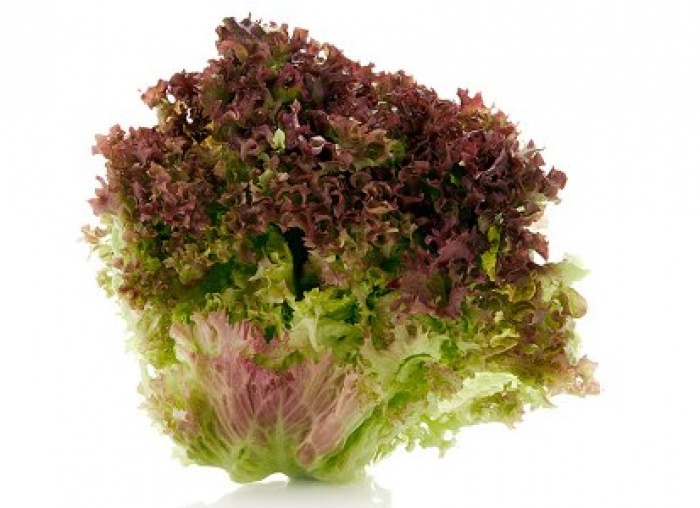
I catch tidbits of stories on WBEZ, our Chicago public radio station. I like the fact that they get into the arts and sciences and last week there was a Fresh Air interview with the author of "Eating on the Wild Side", Jo Robinson. If you missed it (or most of it in my case), I have attached an excerpt of the transcript (http://m.npr.org/news/Health/195592468). There are some facts that I hadn't heard before that I think are important to consider.
Dave Davies = interviewer
Jo Robinson = author
DAVIES: This is FRESH AIR, and we're speaking with health writer Jo Robinson. Her book, "Eating on the Wild Side" argues that ancient, wilder fruits and vegetables were healthier than many modern varieties. When we left off, she was talking about the benefits of eating red, leafy lettuce.
Describe what you do when you bring home your lettuce.
ROBINSON: Right.
(LAUGHTER)
DAVIES: I mean, this was interesting to read.
ROBINSON: Yeah. It's kind of a magic trick. In addition to looking at studies showing the nutrient content of our fruits and vegetables, I've been looking at the food sciences that are finally learning what we need to do to preserve and even enhance the phytonutrients in our food. This is a brand new science, about 15 years old. So I came across this study. It seems bizarre at first, but if you take your lettuce right from the store and you rinse it and dry it, and then, if you rip it into bite-sized pieces before you store it, you're going to increase the antioxidant activity, the antioxidant benefits that you get from that lettuce four-fold. You know, the next day when you eat it, it's going to have four times more antioxidants.
DAVIES: And that's because the plant is trying to react to my tearing it, as if it's threatened, and produce more...
ROBINSON: Exactly. Plants don't die when we pick them. They continue to respire and react to threats. And, you know, it thinks that we're this enormous cow that's eating it, and it's going to - you know, overnight, it's going to produce a lot of these phytonutrients so that the next time that cow comes around, it's going to ward them away.
DAVIES: Right. So I have to say, when I read this, this struck me as a lot of work, to take my greens, and then I'd wash them and then I'd dry them and then I tear them up. And we have those wonderful, convenient, you know, mixed greens now that come in sealed bags, or in those little hard plastic things with the lids. What about them? Are they OK?
ROBINSON: Most greens are what I call heavy breathers. And the scientists would say that they have a high respiration rate. And so as soon as they're harvested, they start absorbing a lot of oxygen, and oxygen is harmful to them. So they have to use up their stored antioxidants to protect themselves. And meanwhile, they're no longer producing carbohydrates, so they have to use up their stored sugars. And lettuce is one of a number of plants that, in just a few days after harvest, it's going to have fewer phytonutrients and antioxidants, and it's going to have less sugar. So many of these prepackaged greens might be two weeks old. They're not going to taste as good, and many of their health benefits are going to be lost before we eat them. And there's other fruits and vegetables that also burn up their antioxidants and their sugar at a really rapid rate, and they happen to be those superstars of nutrition that we're all encouraged to eat. So I'm just going to give you a list of things that you should get as fresh as possible, perhaps from a farmers' market - which is going to be probably fresher than a supermarket - and eat as soon as possible. And so it would be artichokes, arugula, asparagus, broccoli, Brussels sprouts, kale, lettuce, parsley, mushrooms and spinach. So all of those, just day by day, they're giving you fewer and fewer nutrients and reducing your opportunity to experience optimum health.
DAVIES: So some vegetables don't. Some of them will hold them when you store them. Those will tend to...
ROBINSON: Right.
DAVIES: ...give up the good stuff. So broccoli...
ROBINSON: Right.
DAVIES: ...don't leave it in there three days and then eat it.
ROBINSON: That's right. But garlic and onions and apples and a lot of the root vegetables can be stored for months and not change the benefits that they give you. So it's important to know. Like, you know, I think you should have an Eat Me First list on your refrigerator of those that you should eat the day you bring them home, or the next day. I mean, it could be a measurable difference in your health.
No comments:
Post a Comment